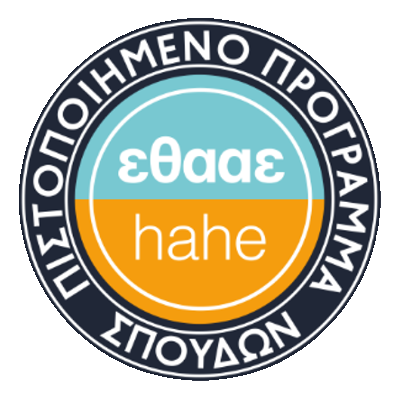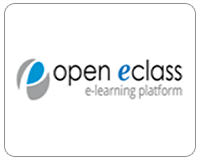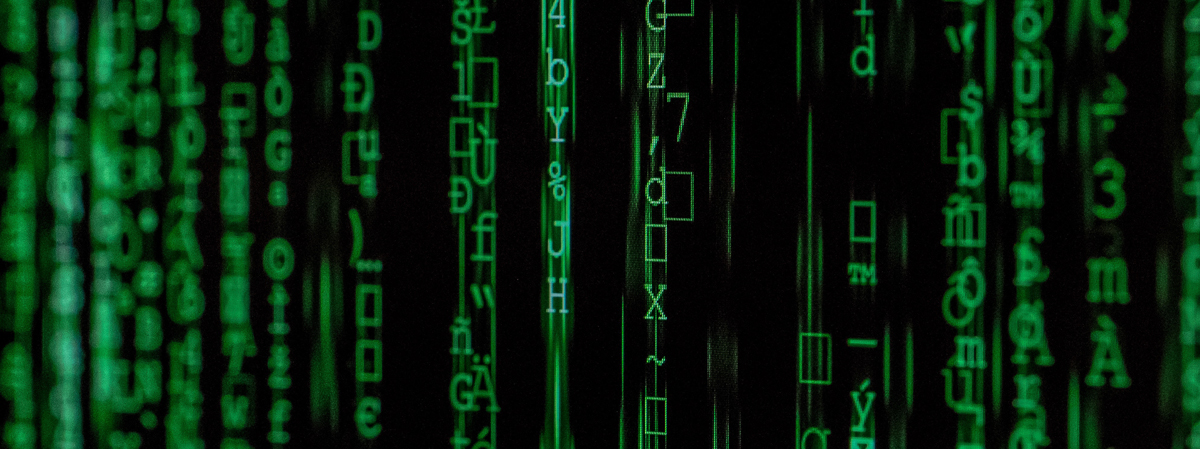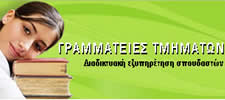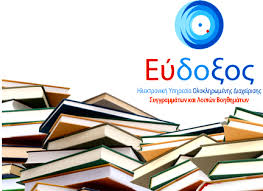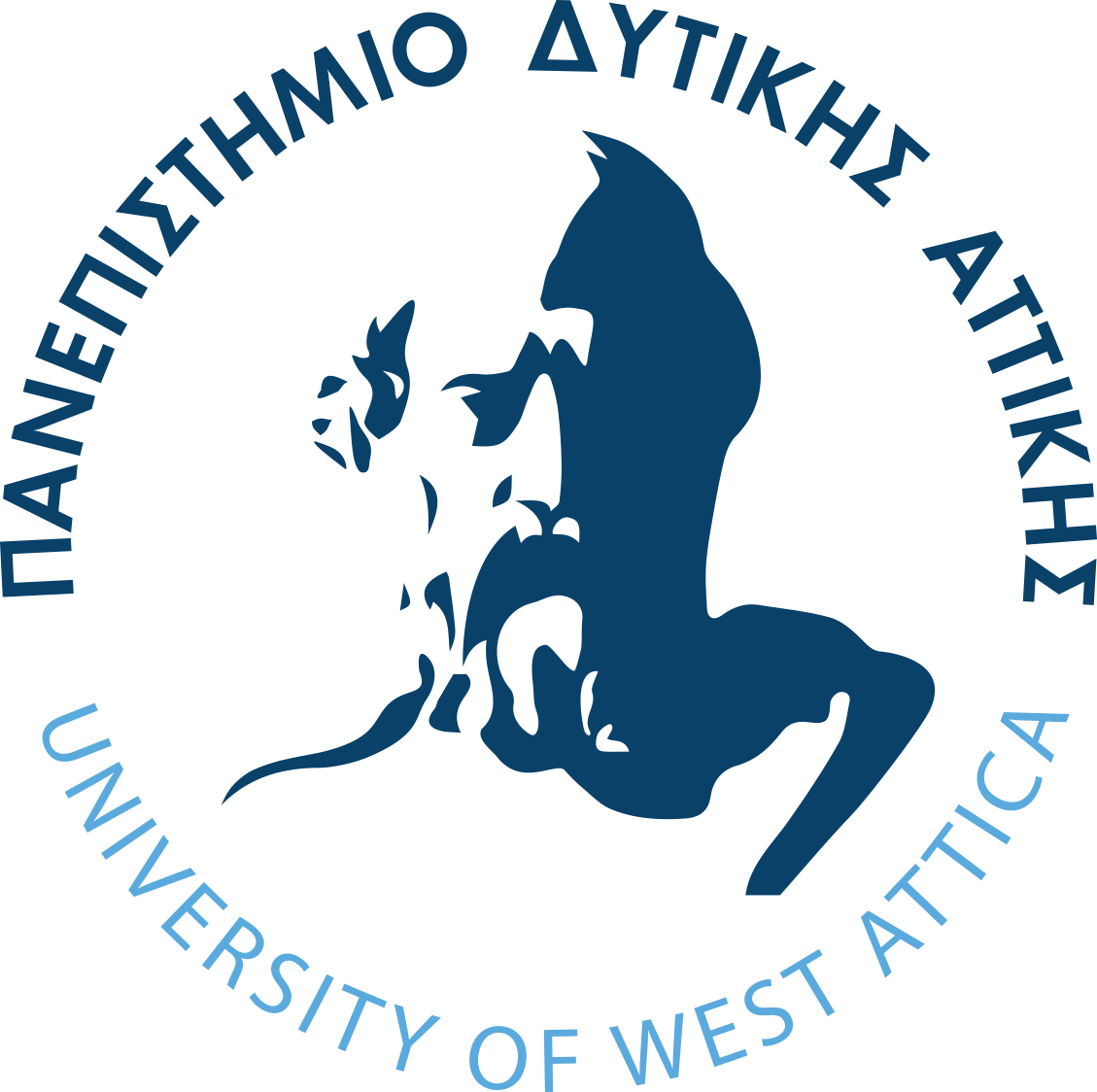"Characterization and recycling of hazardous materials from waste of electrical and electronic equipment"
Electronic and electrical equipment industry is one of the most rapidly developed industrial sectors. The incorporation of technological innovations in conjunction with the increasing population and wealth, all over the world, has led to the discarding of large amounts of equipment. Waste electronic and electrical equipment (WEEE) is in the agenda of governments, industry and non-governmental organizations for more than 40 years.
This dissertation focuses on the necessity of recycling as an activity, but also on the necessity of its friendly way towards man and the environment. At the same time, the thesis provides guidelines on essential environmental issues and issues related to sustainable development, such as reverse engineering emphasizing to the characteristics of older technologies and materials of EEE and human resource management, considering also the recycling companies as an "open system" where inputs from the environment (materials, energy, people, capital) are transformed into outflows, producing secondary raw materials and services to the outside environment. It also focuses on the transition to a cyclical economy that seeks, through recycling, to integrate the concepts of reuse, repair and renewal of existing materials and products into existing socio-political conditions.
The examination of WEEE recycling methods with a focused research field on hazardous materials aims at demonstrating whether recycling activity specific to Greece's economic and geographic area is feasible, necessary and sustainable or conditionally sustainable. It will also examine whether it is possible to ensure health and work conditions, as well as environmental protection, and whether corporate social responsibility is substantially strengthened and partnerships are developed with university institutes and research centers in the country and abroad.



